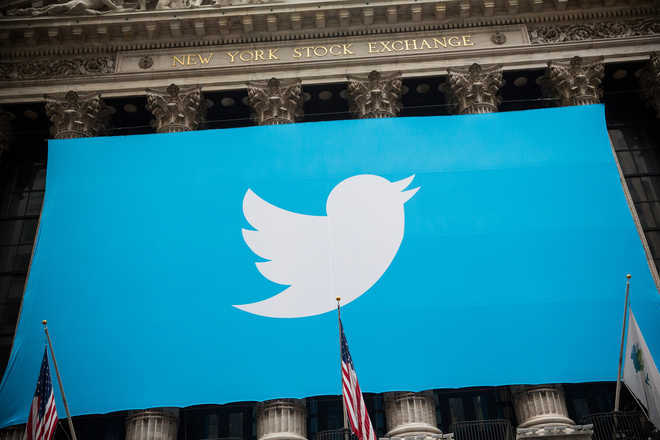New York, October 26
Twitter is enacting new policies around hate, abuse and advertisements, but having rules is only half the battle the easy half.
The bigger problem is enforcement, and there the company has had some high-profile bungles recently.
That includes its much-criticised suspension of actress Rose McGowan while she was speaking out against Harvey Weinstein, and the company’s ban, later reversed, of an ad from a Republican Senate candidate that mentioned the “the sale of baby body parts”.
Such twists and turns suggest that Twitter doesn’t always communicate the intent of its rules to the people enforcing them.
In McGowan’s case, her suspension resulted from a straightforward application of Twitter privacy rules to a tweet that broadcast a private phone number.
But the moderators who enforced the rules didn’t seem to take into account McGowan’s central role in speaking out against allegations of abuse by Harvey Weinstein. A widespread outcry followed, and the company reinstated her.
Twitter has users “coming from lots of different parts of the world with different kinds of context”, said Emma Llanso, director of the Center for Democracy & Technology’s Free Expression Project.
“And it’s probably impossible to have just one set of rules that works all the time. There will definitely be mistakes.”
The company said it will “be clearer about these policies and decisions in the future”.
Twitter reported a third-quarter loss of $21 million, or 3 cents per share on Thursday. Excluding one-time items, the company earned 10 cents per share in the latest quarter.
The results exceeded Wall Street expectations. The average estimate of 12 analysts surveyed by Zacks Investment Research was for earnings of 6 cents per share.
The company posted revenue of $589.6 million in the period, down 4 per cent from a year earlier but in line with forecasts.
Twitter had 330 million monthly users, up 1 per cent from the second quarter.
To make things more clear, Twitter will give users suspected of abuse more information after they appeal a suspension verdict. Appeals themselves aren’t new, but now the company says it will provide “detailed descriptions” of rule violations as part of the process.
The company said last week that it would also email users when they are suspected of account violations, and next month will post details about the different factors it weighs when enforcing its rules.
Since mistakes will happen, Twitter needs “clear channels” so users can signal when something has gone awry, Llanso said.
“If you don’t have a really robust appeals process, then you only have half of a process.” Of course, some things are unlikely to change. Despite calls by liberal activists to ban Donald Trump from its service, Twitter is highly unlikely to do so, whether or not the president follows its rules against harassment.




 Driving Naari Programme launched in Chandigarh
Driving Naari Programme launched in Chandigarh































